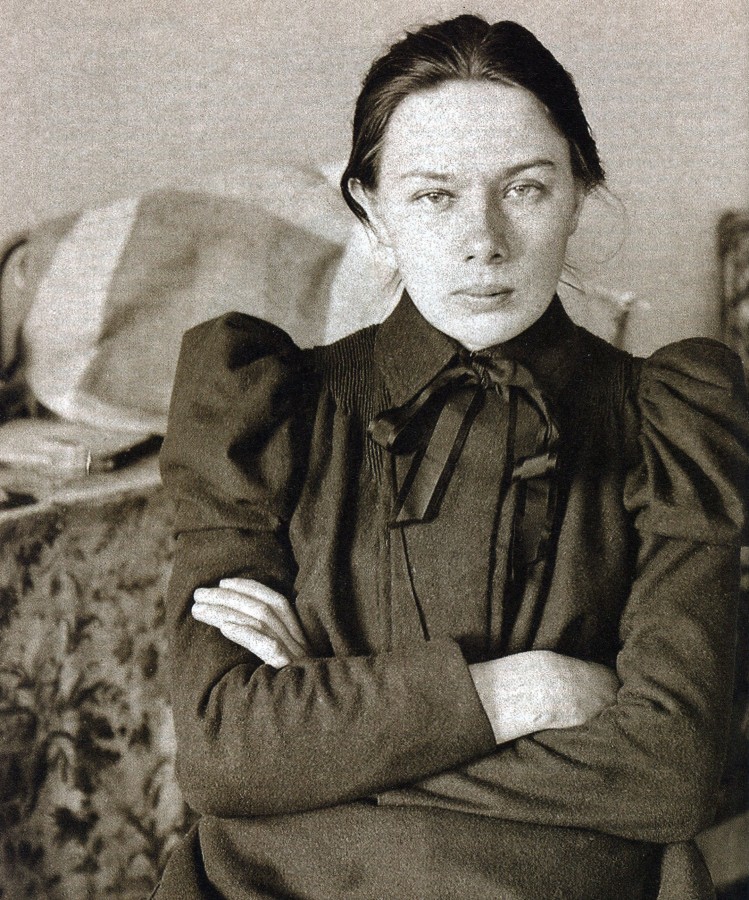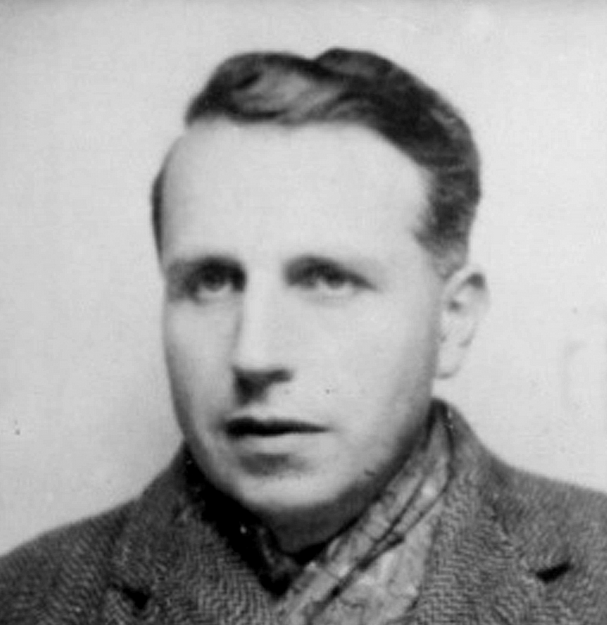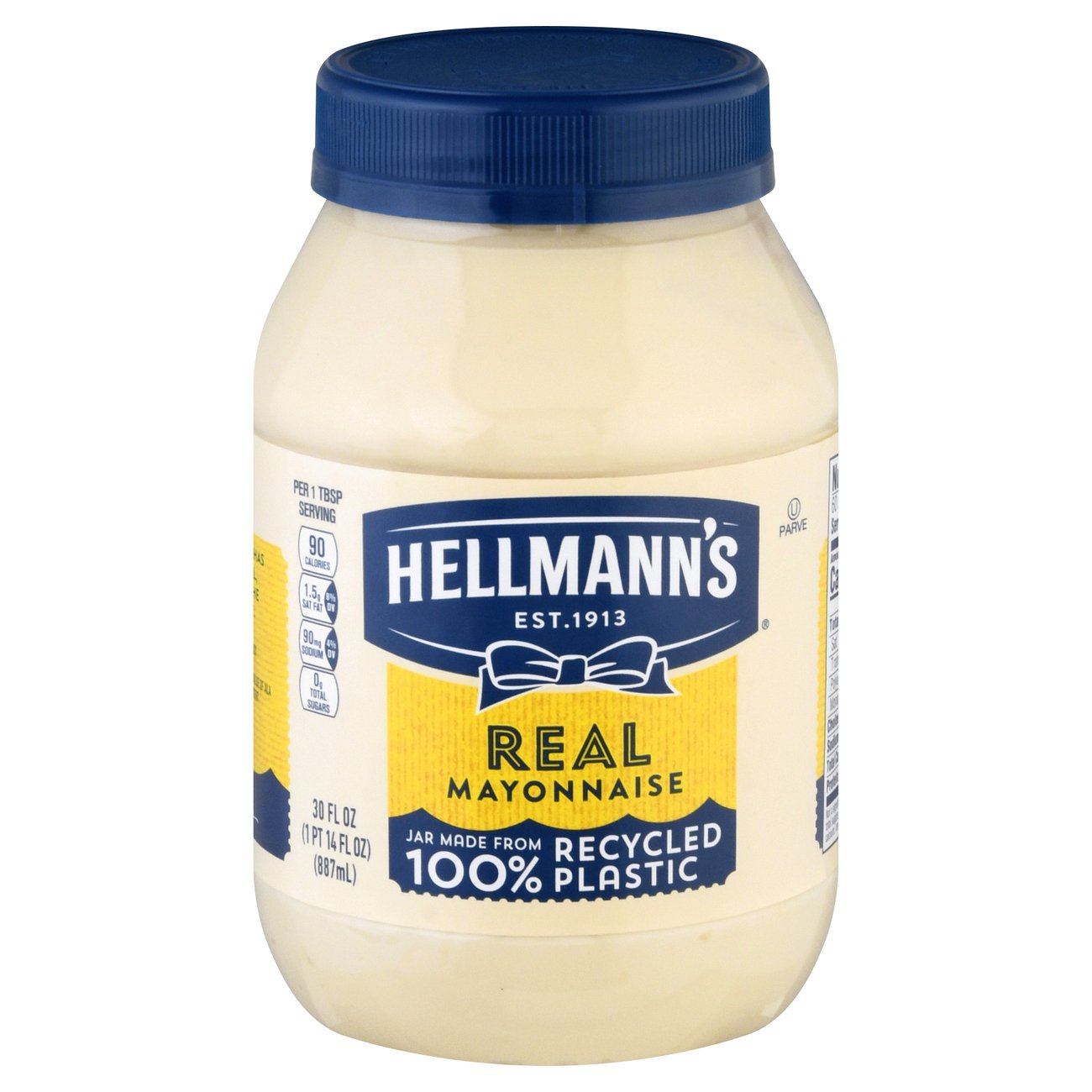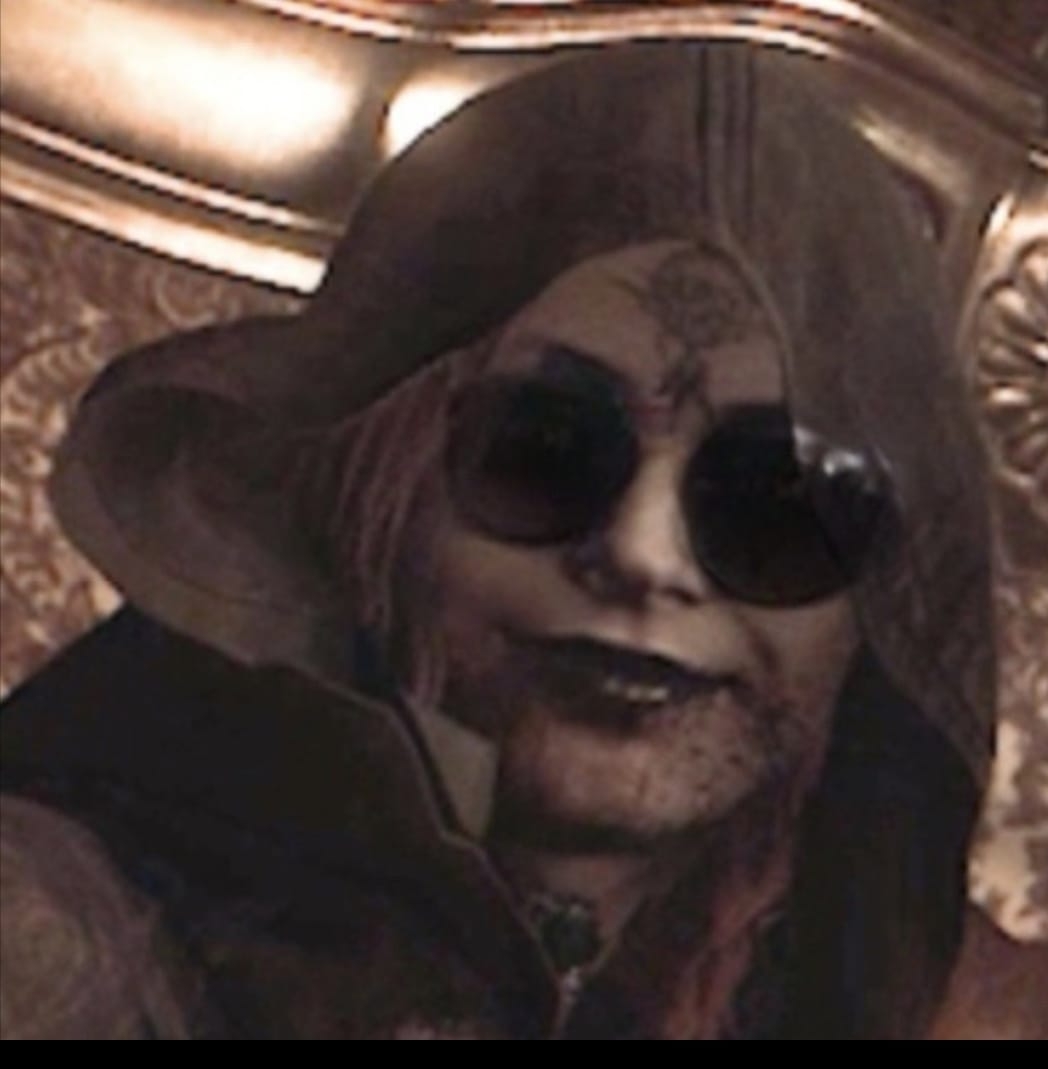A case study in what not to do after a successful anti-imperialist revolution.
They had the Russian revolution as a direct model they could’ve emulated, but chose to adopt the liberal path and governmental structures of the country they just fought against.
Their foreign policy is still generally better than most european countries, but they were staunchly in the western camp during the cold war.
We let the commies use Shannon in the Cold War…
Our geography between the UK and the USA makes it almost inevitable our economy will be integrated with theirs…
After the anti-imperialist revolution was the Civil War, which is a misunderstood thing: it was between diehard anti-imperialists and the majority who wanted normalcy. That dialectic remains in the country: the state itself suppresses (socialist) republicanism which remains minority-y.
It’s worth understanding WHY the Free State went the direction it did after independence. It was a desire for normalcy/stability, plus the fact that Churchill and co didn’t really give us a choice: if the Republicans had won the Civil War, Britain would have renewed oppression with redoubled force.
I wish we could figure out some way to have a prosperous economy without depending on FDI. We had the humble beer-and-biscuits economy in my father’s era, and then really prospered when we got FDI from mostly American corporations. The anti-capitalist in me wants to deny it, but there’s no convincing alternative to that economic story (this guy does give a heterodox story but the mainstream loves foreign corporations so much that it wouldn’t be politically possible to disagree publicly).
Good article, thx for that.
I agree the history is complicated and I didn’t want to demonize Ireland entirely, as they still are better than most other euro countries.
One thing I’d like to add, is that civil wars following the revolution seems to be the norm, rather than tha exception. It happened with Russia, China, Korea, Vietnam.
Happening in Sudan currently
In all fairness any genuinely liberatory revolution that deep in the imperial core would have been swiftly crushed no?
Ireland was not in the imperial core, it was a victim British oppression for hundreds of years. Other countries like China, Vietnam, Korea, Cuba, Russia, all suffered similarly, but adopted a different path than Ireland.
I meant more geographically
Cuba is 90 miles from the US, and Korea and China freed themselves from imperial Japan.
Ireland is a semi-occupied nation who is in alliance with Imperialists. The struggle in the north of the nation is their one progressive character. If they are able to commit class suicide, the international proletariat will be able to help Ireland rid itself of Britain.
I support their struggle, but their politicians are neolibs and the country is part of the imperial core
https://www.irishtimes.com/opinion/2024/06/08/david-mcwilliams-ireland-has-a-bigger-welfare-state-than-almost-anywhere-in-the-world/ (saved you a click: the title says we’re not neoliberal which makes you say nuh-uh, but then the real point is that we have a welfare state without peer, which yuh-huh)
Alongside the faults others have mentioned (which I generally agree with), I’d have to say in my mind, they’re one of the rare decent European nations. Sounds a bit racist? Sure, maybe. But It’s the truth- and they’re certainly the exception when it comes to western Europe. The Irish, for all their struggles and current compradors who are running the show, are a civilized (aka. "not devolved through centuries of embracing genocide, theft, racism, and every other atrocity imaginable, unlike the rest of western Europe) culture, a people with human decency and dignity within their social character rather than as something shunned and driven to the sidelines.
The descendants of those who left are a very mixed bag (due to assimilation into settler-society). But I can only have deep respect for the nation overall, when they faced British terror for so long (and still do) and yet maintained their dignity. The lib brainrot in the country from what I’ve seen of Irish nationals is real, though. Still somewhat decent people; most people are to some extent, but the Irish at least a bit moreso (when contrasted to other westerners) IMO.
our mammies raise us to be kind
The diaspora have no Irish values that I can detect (maybe the way Australians like to have fun counts)
During the first Irish civil war, when the British left, the remaining rebels had an internal war where they executed every socialist, with support of the british government.
This is why it was a liberal revolution later on, all the socialists where dead.
all the socialists where dead.
Jim Larkin? William O’Brien? Liam O’Flaherty? George Pollock? Delia Larkin? Seán McLoughlin? Cathal O’Shannon? Seán O’Casey? Roddy Connolly?
Yes, they existed in part post-first Irish revoltution, they where no longer a signficant bloc of people and not the main ideology driving it anymore.
If that where the case Ireland would be socialist, no?
https://www.socialistpartyni.org/theory/war-against-bolshevism-the-irish-civil-war-1922-23/
The winning side in the Civil War consisted of those who wished to put an end to all this ‘Bolshevism,’ in every sense. The losing side consisted of a wide range of forces which, on behalf of a variety of causes, resisted.
In Autumn 1922, the Free State began to carry out executions without trial. The Free State would claim that the executions were ‘inevitable if Ireland was to be saved from a descent into Bolshevism’ and that they ‘saved many lives and shortened the conflict.’ The security minister Kevin O’Higgins insisted that ‘there should be executions in every county.’ WT Cosgrave said that he would be willing to kill ten thousand people.(10) By the end of the war the Free Staters had executed 81 of their former comrades.
The Soviets of Munster, as we have seen, were suppressed by the Free State. But 1922-3 saw a postal strike, a farm labourers’ strike in Waterford and a dock workers’ strike in Dublin. These were all major class battles. (18) The new postmaster-general JJ Walsh declared that Irish workers were lazy and would have to be ‘smashed’ as a ‘salutary lesson to the general indiscipline.’ (19) The great strikes of 1922-3 were indeed defeated with brute military force. The potential for a Workers’ Republic, or even for a strong trade union and labour movement in the new capitalist Ireland, was massively undermined. The ITGWU, the largest and most militant union, collapsed from 120,000 members in 1920 to 11,000 by 1931. Meanwhile, Labour’s vote collapsed in the 1923 General Election. (20)
Some socialists attempted to appeal to IRA members. Peadar O’Donnell, a member of the Communist Party of Ireland, was also on the anti-Treaty IRA executive. Liam O’Flaherty, later a famous writer, and Roddy Connolly, son of James, were two of over a hundred socialists who fought on the anti-treaty side during the battle for Dublin. Their courage should not blind us to the fact that their strategy was a disaster. The Revolutionary Socialist Party pursued a better policy, leading the Munster soviet movement. But both parties were very small and underdeveloped, and it appears both were dealt fatal blows by the Civil War and the repression that followed.
General Eoin O’Duffy, third-in-command of the Free State forces, feared socialism. In his opinion, any peace deal would only benefit ‘the Bolsheviks.’ ‘The Labour element and Red Flaggers are at the back of all moves towards “Peace” […] if the Government can break the back of this revolt, any attempts at revolt by labour in the future will be futile.’ (21) O’Duffy went on to a storied career: Garda commissioner, leader of the semi-fascist Blueshirts, founder of Fine Gael, and a soldier of Franco in the Spanish Civil War.
Over 400,000 people emigrated in the 1920s, including many who had taken part in the revolution. The anti-treaty side came from a political tradition which, from Cú Chulainn to Pádraig Pearse, celebrated heroic failure. Thus many politicians, even those who lost the war, were able to dine out on the memory of the Civil War for a century afterwards. But a lifetime of silence and shame followed for many rank-and-file veterans of labour, national or women’s struggles.
Those who didnt get executed in the aftermath of the first war, with support of the far right and the british fled.
Id reccomend watching ‘The Wind The Shakes The Barley’, its a good film that goes over this time period, and the socialists betrayal.
Good source. Basically right.
The socialists tend to overstate to what extent the independence movement was socialist. At no point was socialism ever “the main ideology driving” the revolution; it was only ever a wing. Collins, Griffith, De Valera were never socialists.
Likewise, the civil war wasn’t socialist-vs-capitalist, though there were elements.
I’ve tried watching the film twice. Too sad for me.
Thanks for the perspective; I wasnt sure how real the socialist presence was in the first wave. I would guess that a large amount of the socialist core likely fled when they started hanging them though.
Critical support, even with neoliberal government they are on the right side of the history more than most european countries
Only good Western European country
is bothóg ceart í
right shithole, not even worth a thought
deleted by creator










